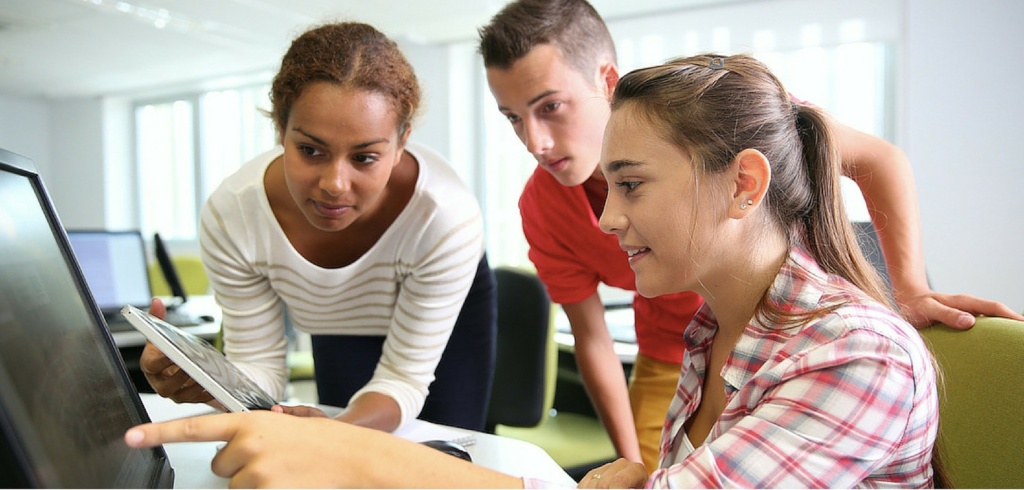
What Skills and Behaviours Does Your Classroom Environment Value?
There are many things that educators are called upon to teach that aren’t in the curriculum. These range from the norms of speaking to the norms of appropriate dress and basic manners. In recent years, digital citizenship skills have been added to that list as schools address safe and healthy online behaviour. This pattern often repeats itself; a new societal need appears and, willingly or not, teachers are thrust into the breach. For example, before there were societal norms for cell phone use, teachers were some of the first to face the dilemma of ‘when is it appropriate to use your cell phone?’
For the classroom teacher, this can be difficult because training is very rarely available to teachers in a timely manner. This lack of training results in teachers having to do their best, acting in good faith to address pressing issues.
So when I first saw the World Economic Forum’s Future of Jobs report listing the top 10 skills a few years ago, I truly struggled with how I could provide my students with these skills.
None of the skills on the list were things easily provided to students via lectures, PowerPoint presentations or by simply disseminating information. The skills presented on the WEF list are best learned through experience. Much like riding a bike, swimming or learning to walk, direct instruction is not the most effective way to teach these skills. An environment that teaches these abilities in context – especially through first-hand experience – is the key.
Each environment, be it a jungle or a classroom, values certain behaviours and skills over others. So what does the classroom environment that effectively teaches these skills look like? For many, the answer is a classroom built upon the principles of project-based learning (PBL). A lecture on ‘creativity, originality and initiative’ might give students information, but a long-term project aimed at solving a real-world, authentic problem will give students the opportunity to actually DO these things.
Here it might be helpful to ask, ‘What skills and behaviours does a lecture-based classroom value?’ Not that a lecture is completely without value, but lectures and direct instruction don’t foster the skills on the list that will be valued in the future world of work. In the UK and the US, it’s estimated that nearly 70% of professionals work remotely at least one day of the week. The communication, problem solving and self-management skills that are necessary to be successful when working from home or working remotely are natural to a PBL classroom.

Adapting To This New Environment
Asking, ‘What skills and behaviours does my classroom environment value and promote?’ can help teachers to reflect upon the type of activities they value. For many teachers, this increasingly leads them to the creation of PBL opportunities for students.